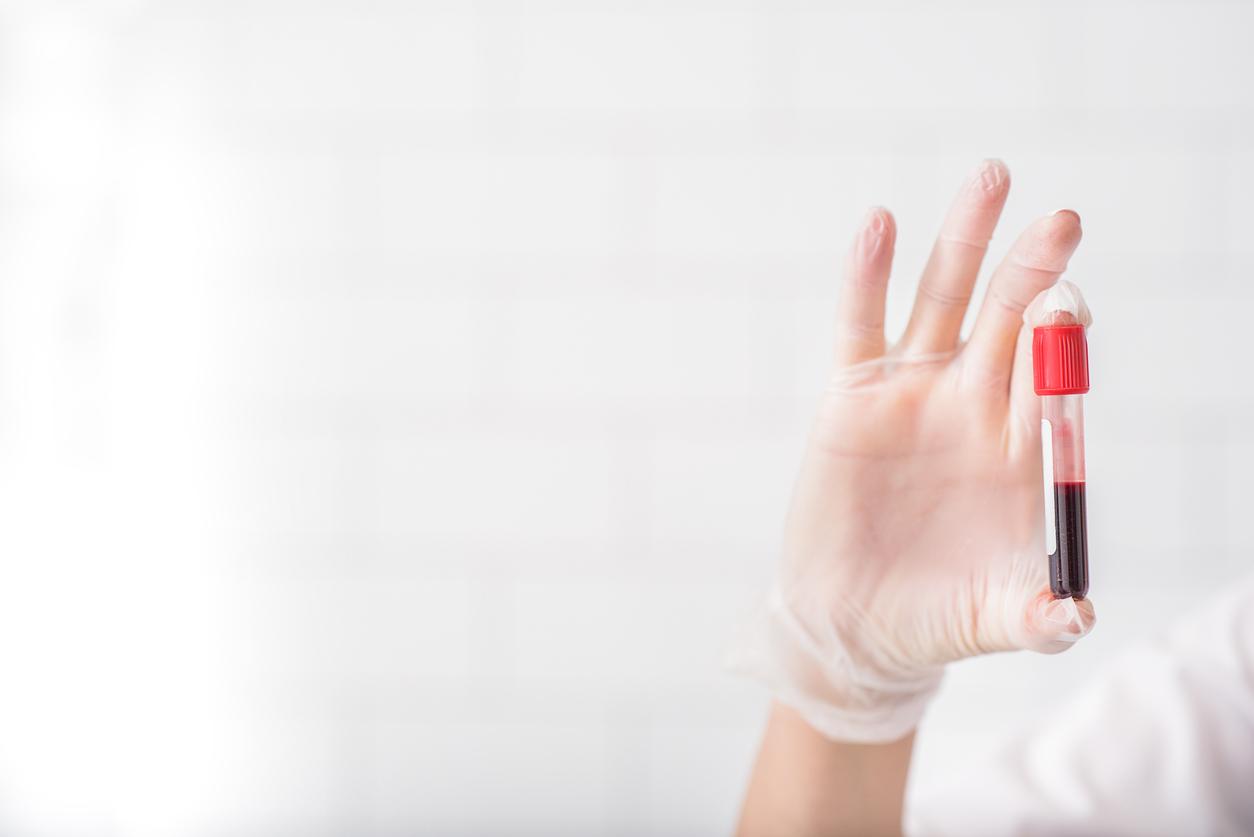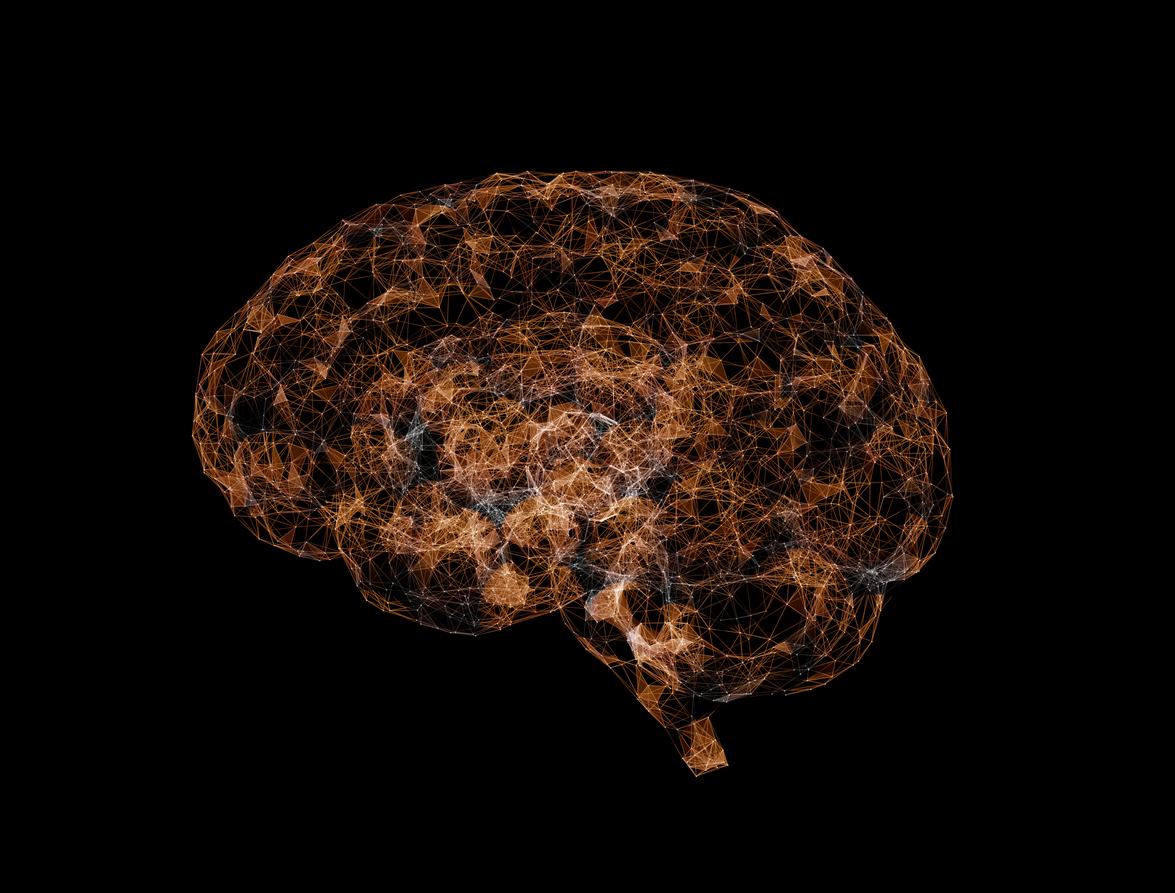
aging and ears
The fable: By the time we’re 80, we’ll all need hearing aids.
The expert
Hans Tschur, clinical physicist and audiologist at the Audiological Center in Eindhoven: “Not everyone develops poor hearing in old age. A quarter of all 85-year-olds can do without a hearing aid. It is true that we are all gradually hearing a little worse. So an 85-year-old without a hearing aid doesn’t hear as well as when he or she was 55. Hearing loss is slower in women than in men. The difference with men can be up to
10 decibels. Women are more likely to grow old without a hearing aid, or to use a hearing aid later in life. You yourself do not quickly notice the hearing loss, so I advise everyone to have their hearing checked after the age of 65. As soon as the loss in one ear is 35 decibels or more, it is advisable to start with a hearing aid as soon as possible. If you don’t, the result you can achieve will be less.”
The facts
According to the National Hearing Foundation, a quarter of 60-year-olds and three-quarters of 85-year-olds have a hearing loss of 35 decibels or more. That means you need a hearing aid. Despite this, two-thirds of hearing impaired people do not have a hearing aid. Age-related hearing loss (or age-related hearing loss) can start after the age of 30. Changes in the inner ear, such as the wearing down of the cilia, gradually lead to hearing loss. It can be severe or mild, but the damage is always permanent. Hearing can deteriorate more quickly due to prolonged exposure to noise and some medicines, such as cytostatics (for cancer and chronic inflammatory diseases such as rheumatism and Crohn’s disease), loop diuretics (water tablets) and salicylates (such as aspirin and Ascal).
Hearing loss can have negative consequences for functioning at work, for your personal safety and for your social contacts – including at home. Numerous studies have shown the connection between hearing impairment and loneliness, depression and a reduced social network.
You can do this to prevent complaints
• Protect your hearing against daily noise and do not turn the volume of the TV, car radio or MP3 player too high, for example.
• Check on the website www.mp3check.nl whether your MP3 player is in the danger zone.
• Do you use medicines? Ask your pharmacist whether these can cause hearing damage. on www.nvvs.nl (from the Dutch Association of Hearing Impaired People) is an overview of substances that may damage hearing. If necessary, ask your doctor whether an alternative medicine is possible, or whether the dose can be lowered.
• Do you doubt your hearing? In case of hearing loss, you limit the damage by taking a hearing aid in time. Test your hearing www.hoortest.nl.
When should you go to the doctor?
If you are wondering if your medicines are harmful to your hearing. And in case of a bad hearing test result. The general practitioner will refer to an ENT specialist or an audiologist for a further diagnosis. Earwax is not dirty, it actually ensures the self-cleaning effect of the ear canal. Cotton swabs push most of the earwax into the ear canal, which can clog it.
Sources):
- Plus Magazine

















